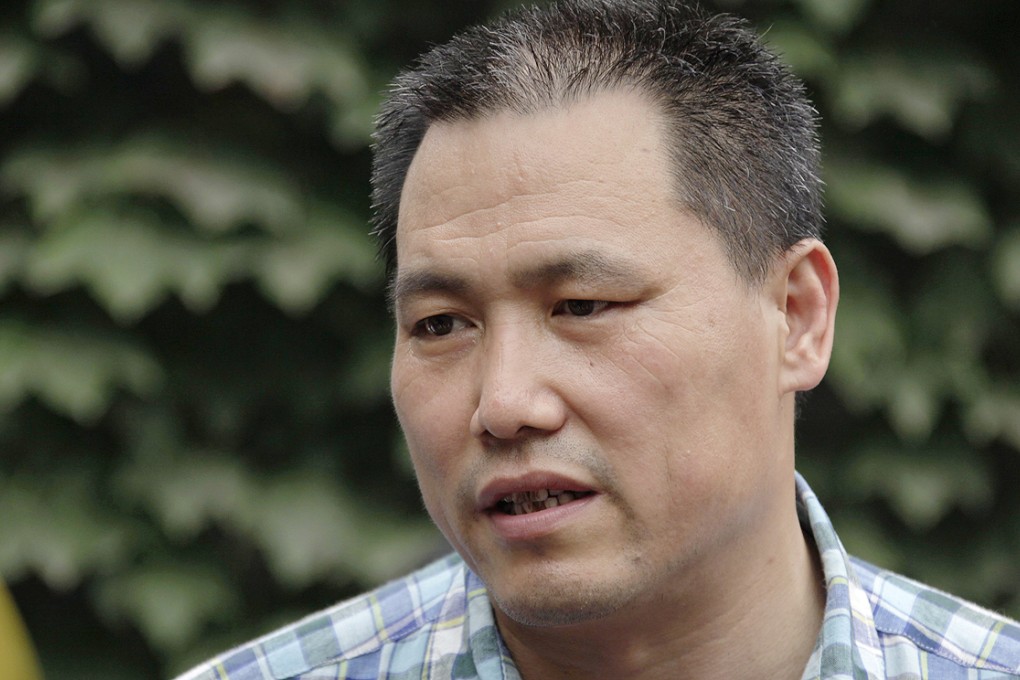New | Chinese rights lawyer grilled by police over meetings with US envoy, ‘insults’ to officials
Lawyer says timing of police questioning about well-known events could mean that authorities plan to charge Pu with collusion

Chinese police have questioned a prominent human rights lawyer about meetings with the former US ambassador to China, his alleged “insults” against senior officials and his frequent trips to Japan, his lawyer said on Tuesday.
Pu Zhiqiang, one of the mainland's most outspoken dissidents, was arrested in June on charges of causing a disturbance and illegal access to personal information in a case that sparked an outcry among rights workers in China and the West.
Beijing police have questioned Pu on his meetings with former US Ambassador to China Gary Locke, who had asked Pu to share his views on human rights, said Pu's lawyer, Zhang Sizhi. Locke left China in February.
“They wanted to know what they talked about,” Zhang said in an interview. “Of course, the public security bureau knew about this a long time ago.”
Zhang said the authorities could use Pu's contacts with Locke to accuse him of “collusion”. In the past, Chinese police have used the charge of collusion with a “hostile foreign organisation” to arrest dissidents.
Beijing police could not be reached for comment.